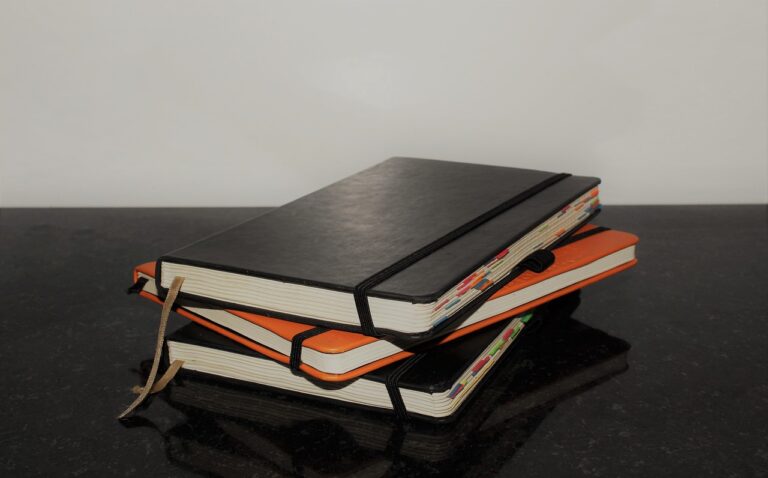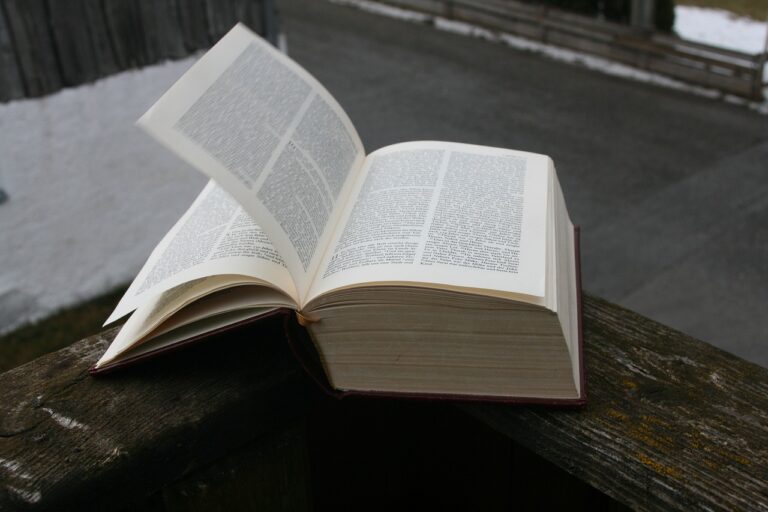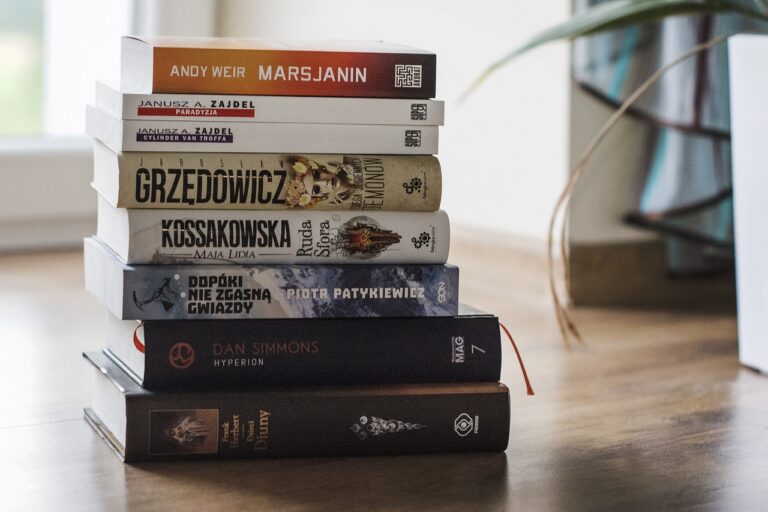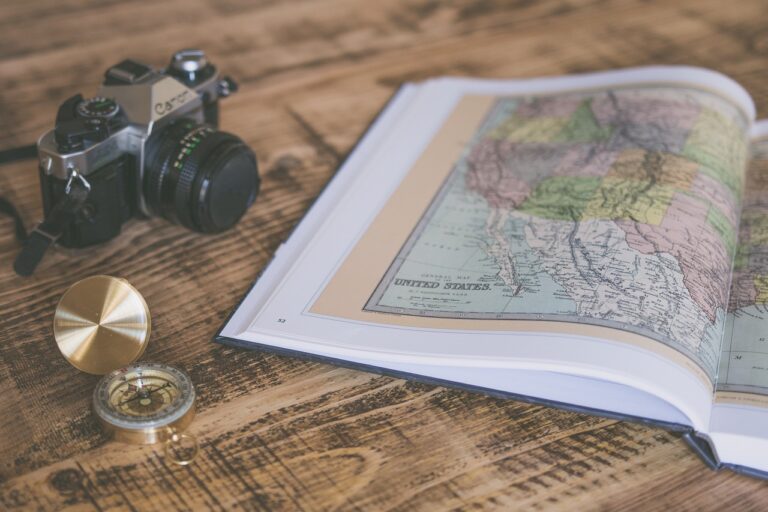The Role of Education in Conflict Zones
Education plays a crucial role in conflict resolution by fostering critical thinking skills and promoting empathy among individuals. When people are equipped with knowledge and understanding, they are more likely to seek peaceful solutions to conflicts rather than resorting to violence. Education also empowers individuals to communicate effectively, negotiate differences, and find common ground, leading to more sustainable resolutions in times of conflict.
Furthermore, education helps break down stereotypes and prejudices by encouraging open-mindedness and acceptance of diverse perspectives. Through education, individuals can gain a deeper appreciation for cultural differences and learn to respect the rights and beliefs of others. By promoting tolerance and understanding, education lays the foundation for building inclusive societies where conflict can be addressed through dialogue and cooperation rather than confrontation.
Barriers to Education in Conflict Zones
In conflict zones, education faces severe obstacles that hinder its accessibility and effectiveness. One primary barrier is the destruction of infrastructure, including schools, roads, and resources that are essential for learning. Without these basic facilities, children are deprived of a conducive environment for education, leading to a significant lack of educational opportunities in these areas.
Moreover, the presence of armed conflict creates a climate of fear and instability, making it challenging for students and teachers to attend school regularly. Fear of violence and insecurity not only affects the physical safety of individuals but also disrupts the continuity of education. As a result, many children are forced to drop out of school, perpetuating the cycle of poverty and lack of opportunities in conflict-affected regions.
Role of Education in Promoting Peace and Stability
In conflict-ridden regions, education plays a crucial role in promoting peace and stability. By providing individuals with knowledge and critical thinking skills, education empowers them to analyze situations objectively and resolve conflicts peacefully. Additionally, education fosters understanding and tolerance among different groups, breaking down barriers and fostering a sense of unity.
Furthermore, education equips individuals with the tools to engage in constructive dialogue and find common ground with others. By promoting empathy and communication skills, education encourages collaboration and cooperation, essential elements in building peaceful communities. Overall, the role of education in promoting peace and stability cannot be underestimated, as it lays the foundation for a more harmonious and prosperous society.
• Education empowers individuals to analyze situations objectively and resolve conflicts peacefully
• Education fosters understanding and tolerance among different groups
• Education promotes empathy and communication skills for constructive dialogue
• Education encourages collaboration and cooperation in building peaceful communities
How does education impact conflict resolution?
Education plays a crucial role in promoting tolerance, understanding, and empathy, which are essential for resolving conflicts peacefully. It also equips individuals with critical thinking skills and the ability to communicate effectively, which are key components of conflict resolution.
What are some barriers to education in conflict zones?
Some common barriers to education in conflict zones include lack of infrastructure, safety concerns, lack of qualified teachers, and limited access to resources. Additionally, displacement and trauma experienced by individuals in conflict zones can also hinder their ability to access education.
How does education promote peace and stability?
Education promotes peace and stability by fostering a culture of respect for diversity, promoting social cohesion, and empowering individuals to become active participants in their communities. It also helps to address root causes of conflict by addressing issues such as inequality, discrimination, and lack of opportunities.
Can education be used as a tool for conflict prevention?
Yes, education can be a powerful tool for conflict prevention by promoting values of tolerance, understanding, and respect for human rights. By providing individuals with the knowledge and skills to address conflicts peacefully, education can help to prevent violence and promote sustainable peace.







